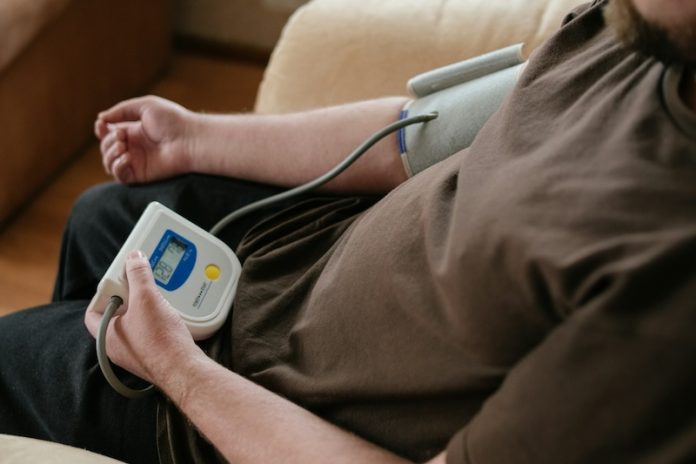
High blood pressure, or hypertension, is a common condition among adults over 60. It’s often called the “silent killer” because it doesn’t show obvious symptoms but can lead to serious health problems like heart disease, stroke, and kidney damage.
The good news is that regular exercise can significantly reduce blood pressure and improve overall health. In this article, we’ll explore how different types of exercise can help manage hypertension, backed by research and explained in simple terms.
When it comes to exercise, there are three main types that are particularly effective for lowering blood pressure: aerobic exercise, strength training, and flexibility exercises. Aerobic exercise includes activities like walking, cycling, swimming, or even dancing.
A study published in the American Journal of Hypertension showed that regular aerobic exercise can lower systolic blood pressure (the top number) by 5 to 7 mmHg on average.
For older adults, brisk walking for 30 minutes most days of the week can make a big difference. Even light activities like gardening or leisurely strolls are better than sitting for long periods.
Strength training, which involves lifting weights or using resistance bands, is another excellent way to reduce hypertension. Research has found that it can improve blood vessel health and reduce the stiffness that comes with aging, which in turn helps lower blood pressure.
A study in the Journal of Hypertension found that combining strength training with aerobic exercise is even more effective than doing either one alone. For beginners, starting with light weights or bodyweight exercises like squats and push-ups two to three times a week is ideal.
Flexibility and balance exercises like yoga and tai chi also have a role to play. While they may not directly lower blood pressure as much as aerobic or strength exercises, they help reduce stress, which is a significant factor in hypertension.
Stress causes the body to release hormones that temporarily raise blood pressure, so managing stress is key. Yoga, for example, has been shown to reduce both blood pressure and heart rate, creating a calming effect on the body.
A review in the journal Complementary Therapies in Medicine found that people who practiced yoga regularly saw modest but meaningful reductions in their blood pressure.
Consistency is important when it comes to exercise. Short bursts of physical activity are beneficial, but sticking to a routine over time is what delivers lasting results. For those who find it hard to exercise for long periods, breaking activities into 10- to 15-minute sessions spread throughout the day can still be effective.
The key is to keep moving regularly and avoid prolonged inactivity, which can worsen hypertension and overall health.
It’s also essential to talk to a doctor before starting any new exercise program, especially for those who haven’t been active in a while or have other health conditions.
A healthcare provider can help tailor a safe and effective plan to individual needs. Starting slowly and gradually increasing intensity is the safest way to build a habit and avoid injuries.
Exercise offers more than just blood pressure benefits. It can improve mood, boost energy levels, and enhance sleep quality. For adults over 60, maintaining an active lifestyle can promote independence and improve the ability to perform daily tasks, leading to a better quality of life.
In a world where medications are often seen as the first solution, it’s empowering to know that something as simple as regular physical activity can have such profound health benefits.
By incorporating aerobic, strength, and flexibility exercises into a weekly routine, adults over 60 can take significant steps toward managing hypertension naturally. Remember, it’s never too late to start. Even small changes can lead to big improvements in health and well-being.
If you care about blood pressure, please read studies about blood pressure drug that may increase risk of sudden cardiac arrest, and these teas could help reduce high blood pressure.
For more information about health, please see recent studies about nutrient that could strongly lower high blood pressure, and results showing this novel antioxidant may help reverse blood vessels aging by 20 years.
Copyright © 2025 Knowridge Science Report. All rights reserved.



